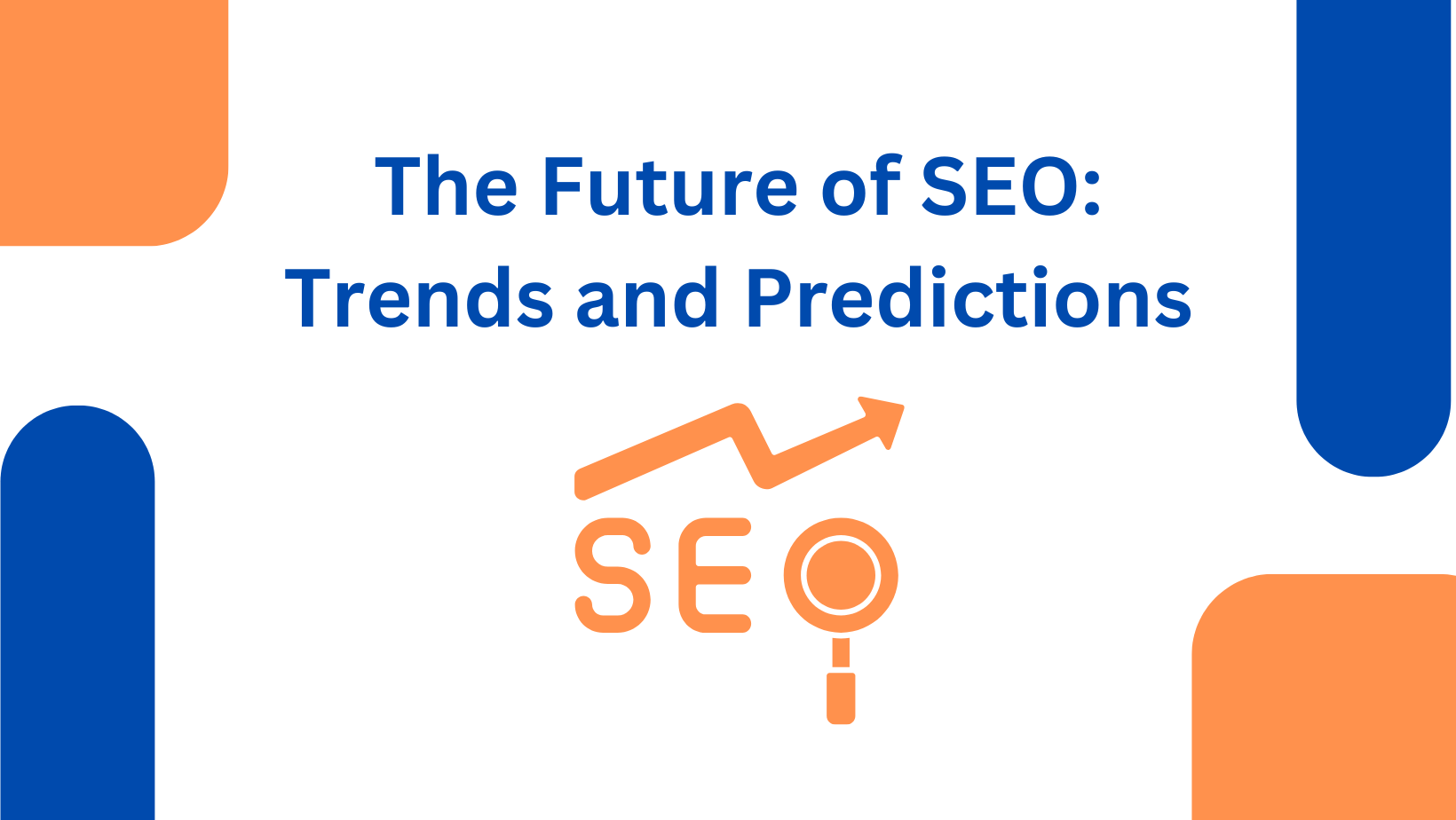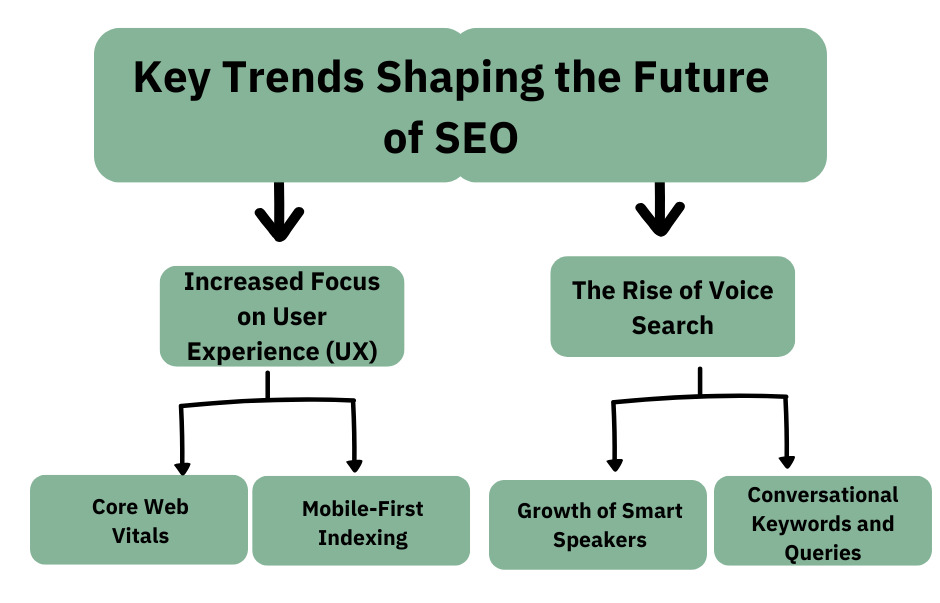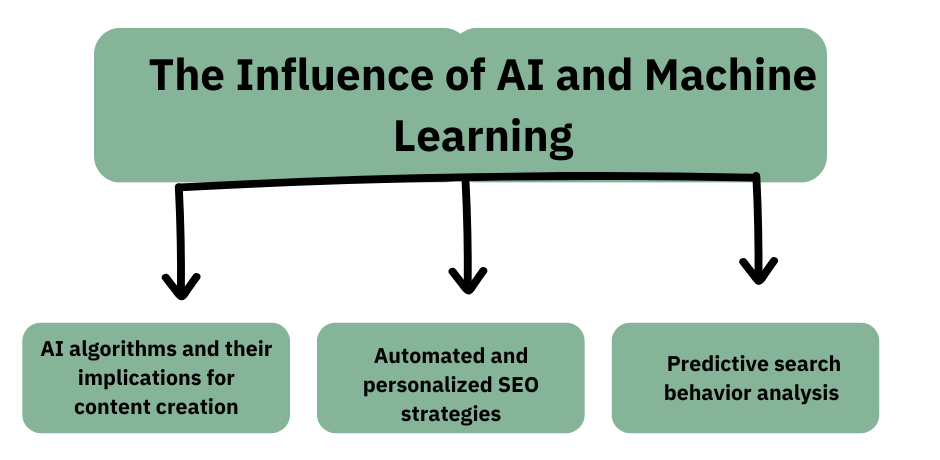Search Engine Optimization (SEO) enhances a website’s visibility on search engine results pages (SERPs).
This involves a combination of techniques to improve organic traffic to a site, ensuring that it ranks higher for relevant keywords and phrases.
SEO encompasses various factors, including keyword research, on-page optimization, technical SEO, and link building, all of which work together to make a website more appealing to search engines and users.

The digital landscape is constantly evolving, making it essential for businesses and marketers to stay informed about the latest SEO trends.
Search engine algorithms are regularly updated, and user behavior shifts as new technologies and platforms emerge.
By staying current with these trends, professionals can ensure their websites maintain high visibility, adapt to changing user preferences, and remain competitive in their respective industries.
Failure to keep up can result in decreased rankings, lost traffic, and ultimately, diminished revenue.
Page Contents:
Key Trends Shaping the Future of SEO
SEO is a never-ending process and with the technological advancements, it is also spreading its feather. The following are the elements that play a vital role in shaping the future of SEO.
Increased Focus on User Experience (UX)
1. Core Web Vitals
Websites are now evaluated not only on content but also on their overall performance. Core Web Vitals, which include metrics such as loading speed, interactivity, and visual stability, are essential for ensuring a seamless user experience.
Search engines are emphasizing these metrics, encouraging website owners to optimize for faster load times and smoother interactions. This shift aims to reduce bounce rates and enhance user satisfaction.
2. Mobile-First Indexing
With the majority of users accessing the internet via mobile devices, search engines have adopted a mobile-first indexing approach.
This means that the mobile version of a site is prioritized for indexing and ranking. Businesses must ensure that their mobile sites are fully optimized, responsive, and user-friendly.
Neglecting mobile optimization can lead to significant drops in visibility and user engagement.

The Rise of Voice Search
1. Growth of Smart Speakers
The adoption of smart speakers and voice-activated devices has surged, revolutionizing the way individuals search for information.
As more households incorporate these technologies, the demand for voice search capabilities is increasing.
This shift influences how content is created and structured, as businesses must now consider how queries are spoken rather than typed.
2. Conversational Keywords and Queries
As users become accustomed to speaking their search queries, SEO strategies must evolve. The focus is shifting towards long-tail keywords and natural language processing.
Optimizing content for conversational phrases and questions that users are likely to ask is crucial for appearing in voice search results, making it necessary for marketers to adapt to these new query formats.
The Influence of AI and Machine Learning
Artificial intelligence algorithms have revolutionized the way content is produced and tailored. These algorithms can analyze vast amounts of data to identify trends, target specific audiences, and generate high-quality content at an incredible speed.
Tools powered by AI can assist writers by providing topic suggestions, optimizing language for clarity and engagement, and even creating entire articles based on given parameters.
This not only streamlines the writing process but also enables brands and creators to maintain consistency and relevance in their messaging.

AI-driven predictive search behavior analysis focuses on interpreting data patterns from user interactions, such as keywords, click-through rates, and time spent on pages.
By using this data, businesses can anticipate user intent and preferences, allowing them to tailor their content and marketing strategies more effectively.
The landscape of search engine optimization (SEO) is changing with the advent of AI. Automated tools can conduct comprehensive site audits, assess keyword performance, and analyze competitor strategies with precision.
By utilizing machine learning algorithms, businesses can optimize their websites for unique audience segments, ensuring that the content resonates more deeply with users. This ultimately improves search rankings and increases organic traffic.